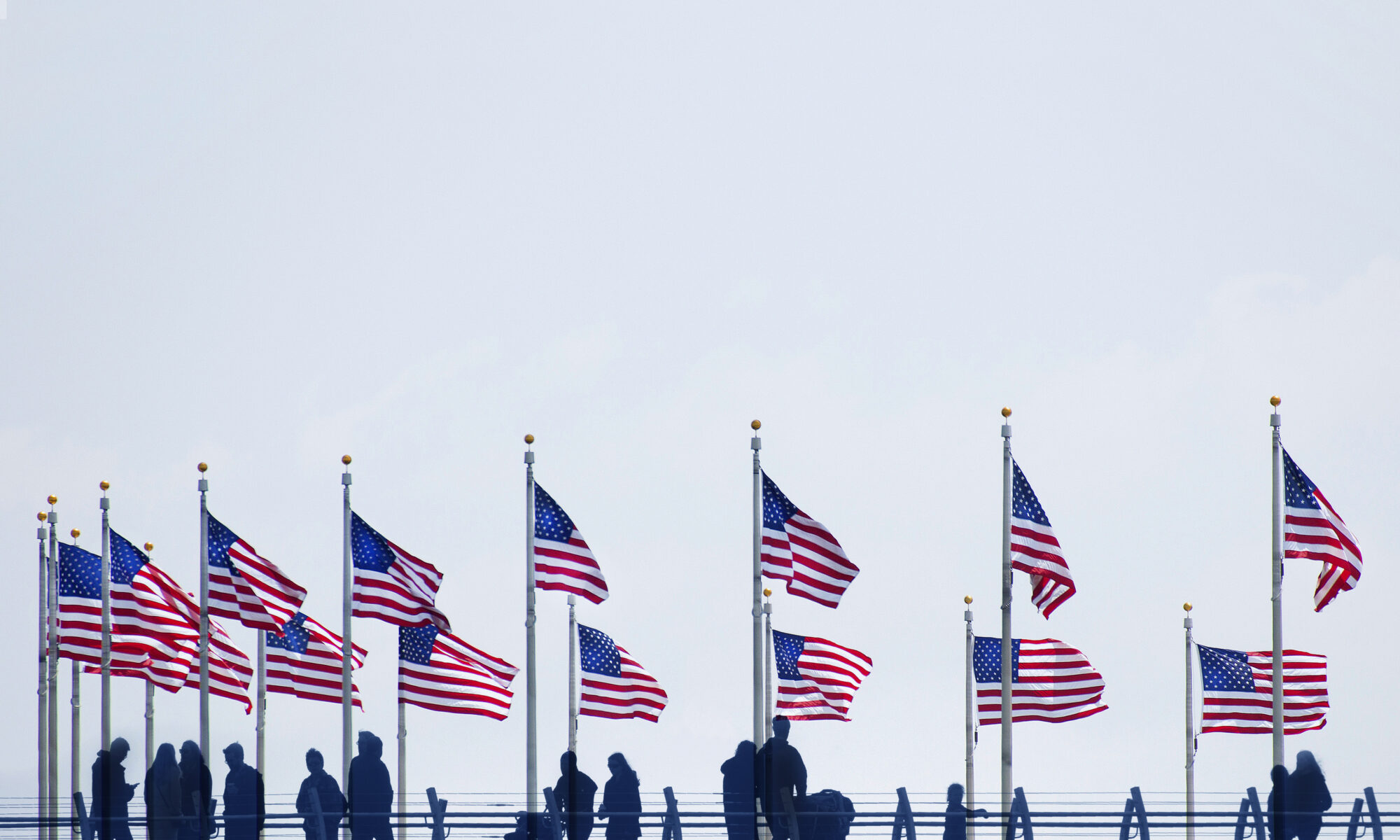
News
What the wonks are saying about Trump’s victory
From Canada to the U.S. to Europe, experts are weighing the impact of Donald Trump's return to power. Here's what other think tanks are writing.
We’re rounding up commentary and analysis from other think tanks and policy experts around the world about what Donald Trump’s victory means. Stay tuned for updates throughout the day.
- William A. Galston at Brookings breaks down ‘why Donald Trump won and Kamala Harris lost.’ Among his conclusions: “Donald Trump’s theory of the case was broadly correct. He and his campaign managers believed that it was possible to build on Republicans’ growing strength among white working-class voters to create a multi-ethnic working-class coalition. He was right.”
- Bronwen Maddox, Director and Chief Executive of Chatham House, looks at the impact Trump’s second presidency is likely to have on U.S. allies (‘America chooses a new role in the world‘). Trump’s proposed tariffs could “undermine global economic growth: economists have warned — with no apparent effect on the Trump campaign – of the inflationary effect tariffs will have and the consequent upwards pressure on interest rates and the dollar.” Key questions include how Trump will deal with Ukraine and the Middle East.
- The Council on Foreign Relations offers a thorough review of Trump’s foreign policy positions. And in Foreign Affairs, Peter D. Feaver, a professor of political science and public policy at Duke University, looks at the consequences of Trump’s second term foreign policy. “The essence of Trump’s approach to foreign policy — naked transactionalism — remains unchanged. But the context in which he will try to carry out his idiosyncratic form of dealmaking has changed dramatically: the world today is a far more dangerous place than it was during his first term.”
- At the C.D. Howe Institute, Stockwell Day writes that some of the fears about a Trump presidency are overblown so long as Canada maintains a respectful relationship. “Mutually beneficial agreements can be achieved, even with a Trump presidency.”
- Writing in The Globe and Mail, Carlo Dade, director of trade and trade infrastructure at the Canada West Foundation, advises Canadians to follow “people and paper to understand and manage relations with a second Trump administration.”
- Case in point, the fine print on Trump’s proposed tariffs. “These details are clear in the source material produced by proposals from American Compass, the JD Vance-affiliated think tank affiliated with vice-president-elect JD Vance, where former Trump U.S. trade representative Robert Lighthizer is an adviser,” Dade writes. “Mr. Trump’s articulation of the policy proposal is, literally and figuratively, all over the map — 10 percent, 20 percent, 60 percent, everyone, China only, etc. The policy changes with every tweet. But the proposals and work done by groups like American Compass are what will become policy and law, not his incoherent tweets.”
- In a piece published a few days before the U.S. election, Steven Globerman, Senior Fellow and Addington Chair in Measurement at the Fraser Institute, made the case for a more integrated internal economy in Canada no matter which candidate won the presidency. As well, Globerman noted: “Whether barriers are reduced by deepening the existing CFTA (Canadian Free Trade Agreement) or expanding and deepening the NWTPA (New West Partnership Trade Agreement), a major step to a more integrated domestic economy would be for members of both trade agreements to implement a policy of ‘mutual recognition,’” he wrote. “This would mean that an item of commerce (either a good or a service) that meets the regulatory requirements of a member province or territory is deemed to automatically satisfy the regulatory requirements of other member provinces or territories.”
- Honourary wonk David Frum, writing in The Atlantic: “There were many chapters of history in which America did the wrong thing for years or decades. Maybe we are living through such a period now,” Frum says. “Or maybe the truth is that democracy is always a close-run thing, always in contention. If so, then we too must — as people in other failing democracies have learned to do — find new ways to champion wobbling institutions and threatened ideas. For supporters of the American experiment in liberal democracy, our only hope is education, organization, and the creation of a coalition of people dedicated to defending the spirit of the Constitution, the ideals of the Founders, the dream of freedom. More concretely: public civic-education campaigns to replace the lessons no longer taught in schools; teams of lawyers who can fight for the rule of law in courts; grassroots organizing, especially in rural and small-town America; citizens and journalists working to expose and fight the enormous wave of kleptocracy and corruption that will now engulf our political system.”


